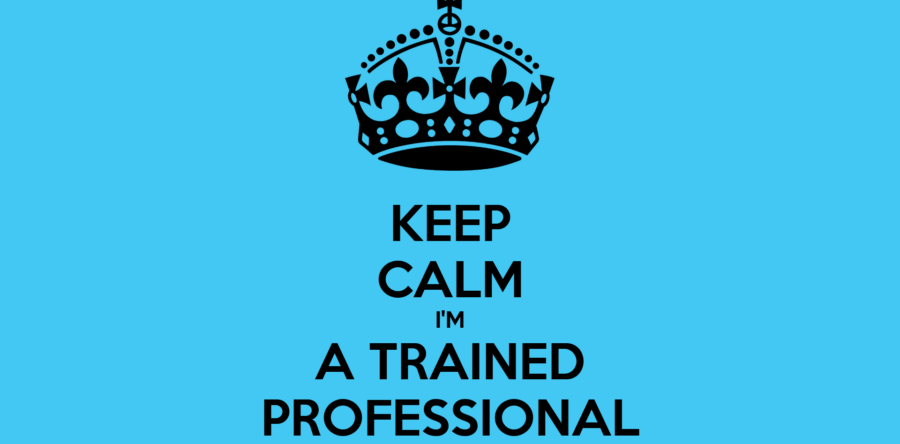Last week was a huge week for My Collaborative Team. We had our first guests, Bruce Fredenburg and Carol Hughes, on our weekly CollaborEAT! Live series, and we also hosted our first practice group happy hour with the Up North Collaborative Divorce Professionals from Northern Michigan. This was a fantastic opportunity to understand what is going on with this smaller practice group. Members of My Collaborative Team from around North America joined the call to provide advice and insight to help the group with some of the challenges they are facing.
An issue that was raised was growing the knowledge and use of the Collaborative Process amongst professionals in the community and some of the best practices for expanding the group. The idea of using a non-trained professional as a member of the Collaborative team was proposed by one of the members, followed up by experiences of professionals from around North America talking both positively and negatively about their experiences using a non-trained Collaborative professional during the process.
Feelings on the issue continued to be mixed throughout the discussion as the idea continued to dominate both of our Friday happy hours. So, what do you think? Is using a non-trained Collaborative Professional, especially in communities where the process is already underutilized, a good way to spread the Collaborative Process? What suggestions would you provide to the Up North Collaborative Divorce Professionals and other practitioners in areas that may not be thriving with trained Collaborative professionals?
Now that we have all become more comfortable with Zoom, it is time we connect even more with practitioners in struggling areas. If you know of a practitioner or a practice group in a struggling region of your state, reach out and find out how you can help or let me know how My Collaborative Team can help.




As a collaborative financial neutral, I went through the training. Although much of it was interesting and helpful, there was a considerable amount which didn’t apply to me since I’m not an attorney.
I think if a professional is good at his or her job, he or she can add a lot to a collaborative divorce situation as long as he or she is briefed on the process and goals of the collaborative approach.
Certainly training is good, but expertise in a certain area, be it financial, family counseling, or other areas which might be appropriate for a certain case, is equally or even more important in helping everyone involved reach the desired goal. Just because a person hasn’t had the official collaborative training shouldn’t mean he or she can’t be a valuable part of the team.
It is a horrible idea to try to incorporate non collaboratively trained professionals without proper formal training.
Even if they are trained mediators and lawyers, it is not wise to incorporate them into a group…it can cost hundreds of lost hours!
Kayla
We have started a new online Collaborative Practice group – including both Divorce and Trusts & Estates Collaboratively-trained professionals across CA, Collaborative Online Practice. We invite untrained professionals to join, so long as they get their Mediation and Collaborative Training within the first year. It’s working for us . . . Being selected to work on a team requires others to know them and their work, and going a step further. Just a thought, for what’s its worth.
That said, more than once, people in our group have used an un-trained child therapist to serve as CS given he was already working with the child and seemed to appreciate the broader family dynamics.